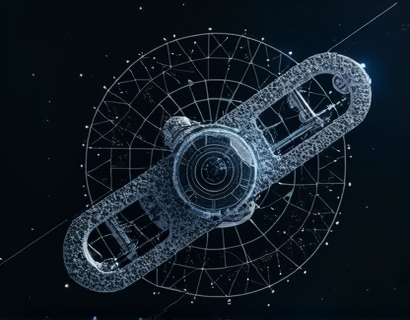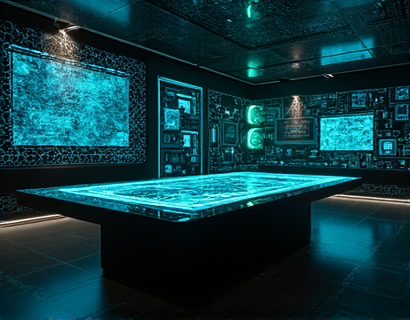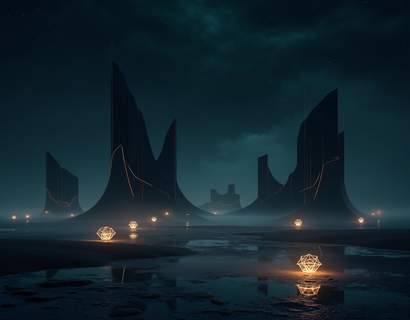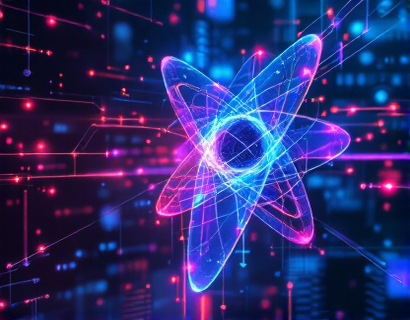Unlocking the Secrets of Ancient Civilizations: A Deep Dive into Historical Wisdom and Cultural Heritage
Exploring the depths of ancient civilizations offers a unique window into the past, revealing the intricate tapestry of human history and the profound cultural heritage that has shaped our modern world. This journey through time is not merely an academic exercise but a vital endeavor that enriches our understanding of the present and informs our future. Ancient civilizations, with their advanced knowledge, artistic achievements, and societal structures, provide invaluable lessons that continue to resonate today. This article aims to bridge the gap between historical wisdom and modern understanding, offering a comprehensive resource for history enthusiasts and cultural explorers.
The study of ancient civilizations is a multidisciplinary field that draws from archaeology, anthropology, history, and various other disciplines. Each civilization, whether it be the mighty empires of Mesopotamia, the sophisticated societies of the Indus Valley, or the enigmatic cultures of pre-Columbian America, offers a unique perspective on human development. By delving into the artifacts, texts, and remnants left behind, we can reconstruct the daily lives, beliefs, and achievements of these ancient peoples. This reconstruction is crucial for understanding the continuity and change in human culture over millennia.
Archaeology: The Key to Unlocking the Past
Archaeology plays a pivotal role in uncovering the secrets of ancient civilizations. Through systematic excavation and analysis of material remains, archaeologists piece together the lives of people who lived thousands of years ago. Artifacts such as pottery, tools, jewelry, and architectural structures provide tangible evidence of the technological, social, and economic aspects of ancient societies. For instance, the discovery of the Rosetta Stone was instrumental in deciphering Egyptian hieroglyphs, opening up a wealth of historical knowledge that had been lost for centuries.
Advanced techniques in archaeology, including ground-penetrating radar, aerial photography, and carbon dating, have revolutionized the field. These methods allow researchers to locate and date sites with greater precision, minimizing damage to the sites and maximizing the information gained. The use of 3D scanning and virtual reality technologies further enhances the ability to study and share archaeological findings with a global audience. These innovations not only aid in preservation but also make ancient history more accessible and engaging for the public.
Understanding Ancient Societies: Culture and Daily Life
Beyond the physical artifacts, understanding the culture and daily life of ancient civilizations provides a more holistic view of their existence. Religion, art, literature, and social structures are key areas of study that reveal the values, beliefs, and practices of these societies. For example, the intricate carvings and sculptures found in ancient Greek temples offer insights into their religious beliefs and artistic prowess. Similarly, the Epic of Gilgamesh, one of the earliest known works of literature, provides a glimpse into the Mesopotamian worldview and moral values.
The daily lives of ancient people were shaped by their environment, economy, and social hierarchies. Agriculture, trade, and craftsmanship were fundamental to the survival and prosperity of these civilizations. The Indus Valley Civilization, for instance, was known for its advanced urban planning and sophisticated water management systems, which supported a thriving population in a challenging environment. Understanding these aspects helps us appreciate the ingenuity and resilience of ancient peoples and the factors that contributed to their rise and fall.
The Legacy of Ancient Knowledge
The knowledge and achievements of ancient civilizations have had a lasting impact on modern society. Many of the scientific, mathematical, and medical principles developed in ancient times form the foundation of contemporary knowledge. The Greek philosophers and scientists, such as Pythagoras, Euclid, and Hippocrates, laid the groundwork for Western science and philosophy. Similarly, the mathematical and astronomical advancements of the Babylonians and Mayans continue to influence modern research.
Architecture and engineering feats of ancient civilizations, like the pyramids of Egypt or the Machu Picchu in Peru, inspire modern builders and engineers. The sustainable practices and environmental adaptations of these societies offer valuable lessons for addressing current global challenges. By studying and learning from these ancient achievements, we can gain insights into innovative solutions for contemporary issues.
Preserving Cultural Heritage
The preservation of cultural heritage is essential for maintaining a connection to our shared human history. Ancient sites and artifacts are not only historical treasures but also sources of identity and pride for communities around the world. Efforts to protect and conserve these heritage sites face numerous challenges, including natural degradation, human activity, and climate change. International cooperation and support are crucial in safeguarding these irreplaceable resources for future generations.
Digital preservation techniques, such as creating detailed 3D models and virtual tours, play a significant role in preserving cultural heritage. These digital records allow for the study and appreciation of ancient sites even when physical access is limited or dangerous. Additionally, community involvement in preservation efforts ensures that local knowledge and traditions are respected and integrated into conservation strategies.
Conclusion: The Enduring Relevance of Ancient Civilizations
The study of ancient civilizations is more than an academic pursuit; it is a vital endeavor that enriches our understanding of the human experience. By exploring the historical wisdom and cultural heritage of these societies, we gain valuable insights that inform our present and guide our future. The lessons learned from the successes and failures of ancient peoples can help us navigate the complexities of modern life and build a more sustainable and equitable world.
As we continue to uncover the secrets of the past, it is essential to approach this field with respect, curiosity, and a commitment to preservation. Whether through archaeological research, cultural education, or personal exploration, each of us has a role to play in keeping the legacy of ancient civilizations alive. In doing so, we honor the contributions of those who came before us and ensure that their wisdom continues to illuminate our path.










































